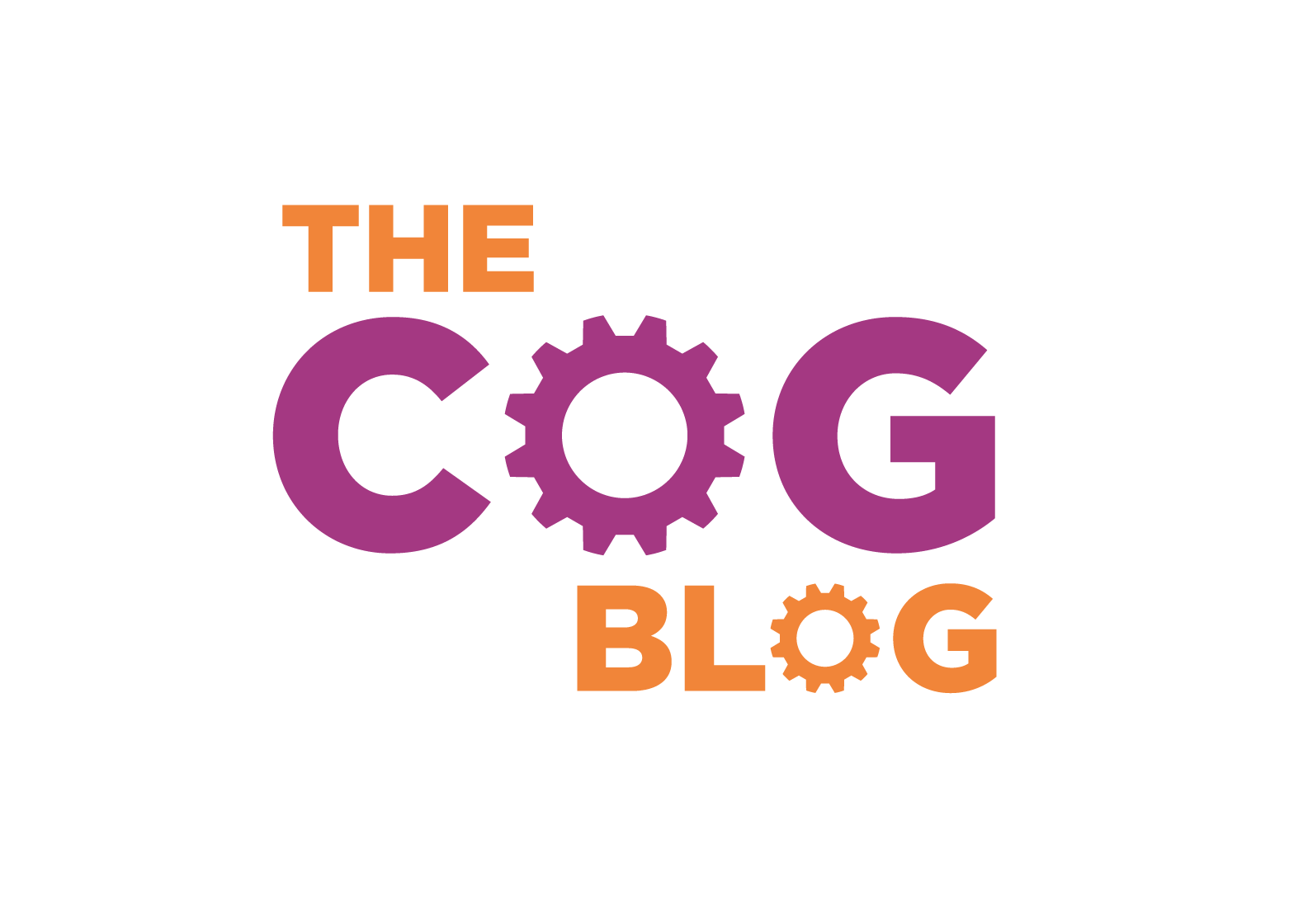The F Word

The World Federation of Advertisers is 70. Founded in 1953, the WFA represents advertisers responsible for 90% of global adspend. If local advertiser associations like ISBA in the U.K. and the ANA in the U.S. provide a helicopter view of what’s important to their individual market’s members, the WFA hovers above the helicopters. A role overseeing the overseers can end up focusing on the many noble causes everyone can agree on. It may not please everyone, but it can avoid upset by keeping away from anything too controversial.
The WFA has published its Global Media Charter 2023, building on the 2018 edition from which various in-market cross-media measurement initiatives including ISBA’s Origin emerged. There are many good things about this new version, and a lot of people did a lot of work, but (you just knew there had to be a "but") a major issue has been avoided.
Before getting to what’s not there, credit where it’s due. The GMC addresses a number of highly pertinent topics:
- Competition & Plurality
- Measurement & Accountability
- Responsibility & Society
- Sustainability & Planet
- People & Partners
Each topic area has identified "champions" responsible for delivering to the policy as outlined and agreed. All fine and dandy. Who doesn’t want a sustainable planet? Or a responsible society? But there’s an omission.
We’re talking about the "F" word -- fraud.
Let me take you back to the great transparency scandal of March 2015. This started, Cog Blog readers will remember, when Jon Mandel, MediaCom’s ex-CEO told the ANA that agencies didn’t always return all discounts and rebates to their clients, and that deals were struck before plans were written. Buys drove plans, in other words.
Cue outrage, shock and horror amongst the U.S. advertiser community. Advertisers were caught on the hop. Their contracts were too loose, too ambiguous, too easy for certain agencies who chose to do so to hide revenues.
The WFA could and should have got ahead of this.
Back to today. The elephant in the room facing advertisers today is the colossal amount of fraud that has permeated the online ad world, and especially those campaigns bought programmatically with little oversight from agency buyers. We can argue why this lack of oversight happens, but what is simply unarguable is that the amount of money wasted by advertisers to enrich fraudsters is huge.
How huge we can also argue, but even the ANA, which seem to studiously avoid the topic to the extent of removing very large estimates from their own website, would have little problem with an annual estimate of "over US$70 billion."
As with Mandel, those in the know know this is a major problem.
Here’s the ex-ISBA Media Director Bob Wootton in his regular Media Leader column a few days ago discussing the implications of AI (the italics are Bob’s): "Expect all the crooks and bad actors already active in online advertising -- about which we continue to do little -- to be very active indeed in the new spaces."
Or, again from the Media Leader a headline that CTV ad fraud costs advertisers up to $8m a month. This from a report by the Video Advertising Bureau which whilst admitting the problem seems to underplay its extent, based on the US$70 billion annual loss quoted earlier.
Dr. Augustine Fou, the independent fraud detection expert who has done more to raise awareness of fraud issues than anyone, had this to say: "This (the claim that there are limited opportunities for fraud within CTV) is only true if ad buyers bought CTV ads directly from those media sellers. Everything else in programmatic channels is bad guys pretending to be those premium CTV channels and the media sellers cannot prevent any of it themselves."
Dr. Fou went on to make some not particularly flattering remarks about the VAB’s report. I’m of an age that would file their findings under "Mandy Rice-Davies," but that’s probably just me.
By the way, if you don’t follow Dr. Fou, you should. He’s generous in his sharing of data and explanations around fraud. Here's an example of his latest thinking on focussing on humans.
So why isn’t the WFA helping members address fraud? Could it perhaps be because:
- Advertiser marketing and media teams have been caught out for years, and don’t want to shine a light on past failings. The reality is that the fraudsters have been winning against everyone for ages. It must be better to act later than never.
- Large, well-funded fraud detection businesses are supported by the biggest network media agencies in order to demonstrate that fraud is a non-issue that they’re on top of.
- Shamefully most on the buy side have no interest in uncovering the true extent of ad fraud.
- Even if they wanted to, agency teams are understaffed and underqualified to do anything except rely on programmatic systems to place online activity.
- As long as nobody looks too carefully at the make-up of impressions the notional CPM delivered is very low, satisfying procurement teams and (again, underqualified) auditors.
- As bots don’t buy stuff, this looking the other way and relying on fake numbers will eventually come to light.
The WFA’s Media Charter praises ISBA’s work with PwC on how money flows around the online supply chain. This has indeed been pragmatic, involving and helpful.
As far as I can see the WFA makes no mention as to how advertisers can get to grips with ad fraud. That’s a mistake that the two Measurement and Accountability "Champions" (Reckitt’s Sameer Amin and PespsiCo’s Atin Kulkarni) should be addressing.
They may want to give Dr. Fou a call.
Posted at MediaVillage through the Thought Leadership self-publishing platform.
Click the social buttons to share this story with colleagues and friends.
The opinions expressed here are the author's views and do not necessarily represent the views of MediaVillage.com/MyersBizNet.


